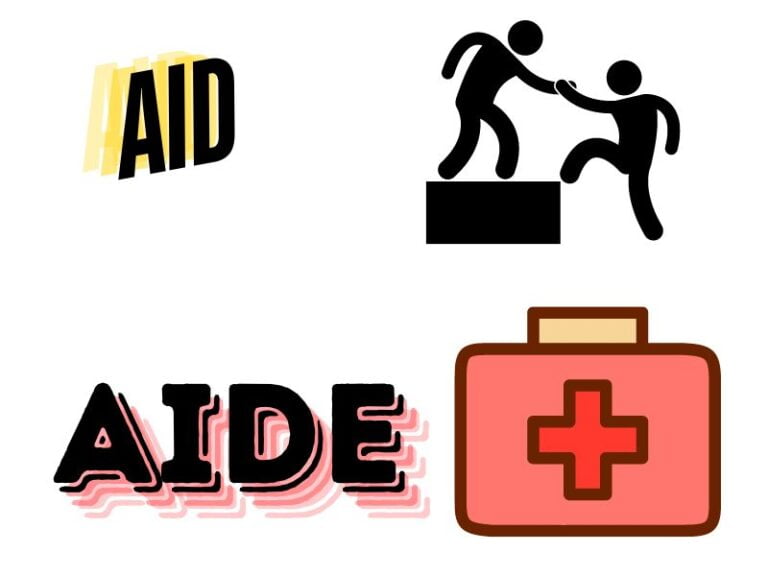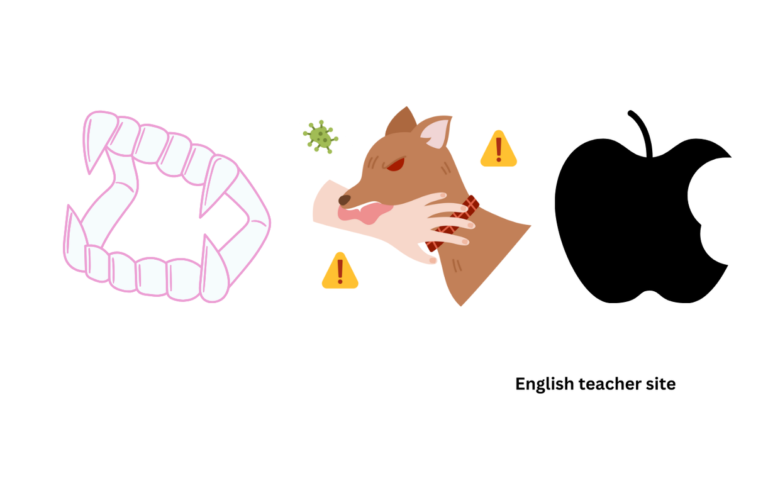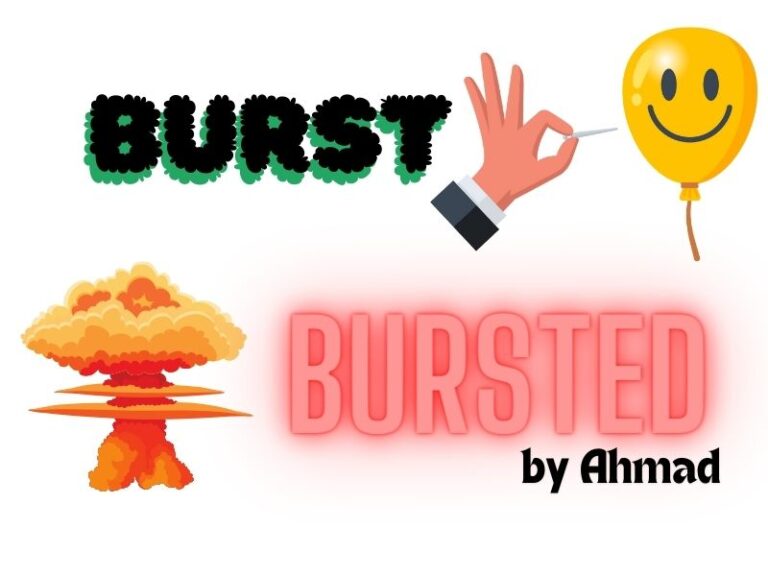Stank or Stunk: Understanding the Past Tense of Stink

- “Stank” is the simple past tense form of “stink,” used to describe something that smelled bad in the past.
- “Stunk” is the past participle form of “stink,” often used in perfect tenses or as an adjective.
- The usage of “stank” and “stunk” depends on the grammatical structure of the sentence in which they appear.
One such verb is “stink,” which refers to emitting a strong, unpleasant smell. It’s present tense is straightforward—something stinks, meaning it gives off an offensive odor in the here and now. However, when we look to describe an event in the past that involved an unpleasant odor, the verbs we use are “stank” or “stunk.”
Stank or Stunk – What’s the past tense of stink?
The past tense of the verb stink, which means to emit a strong unpleasant smell, has two forms: stank and stunk. The usage of these forms depends on the context.
Stank:
- Simple past tense: It indicates an action that happened at a specific time in the past.
- Example: Yesterday, the garbage stank.
Stunk:
- Past participle: Often used with auxiliary verbs to form perfect tenses.
- Example: The garbage has stunk since last week.
| Tense | Example Sentence |
|---|---|
| Simple Past | The fridge stank of fish. |
| Past Perfect | The fridge had stunk for days. |
It is important to note that stunk is sometimes informally used in place of stank as the simple past tense, especially in American English.
- Use of stank and stunk:
- When talking about a specific moment in the past, use stank.
- When discussing an experience over a period of time, stunk is often preferred.
The following are bullet points summarizing key aspects of stank and stunk usage:
- Stank is the simple past and should be used for specific instances in the past.
- Stunk is the past participle and is typically used with auxiliary verbs.
- Be aware of regional differences in the informal use of these terms.
The Verb ‘Stink’ In Context
This section aims to demystify the verb ‘stink’ and explore its conjugation patterns and linguistic roots.
Understanding ‘Stink’ as a Verb
The verb ‘stink’ denotes emitting an unpleasant smell. It is an irregular verb, and like many irregular verbs in English, its conjugation pattern is not uniform and must be memorized. ‘Stink’ functions both as a transitive and intransitive verb, allowing it to be versatile in sentence construction.
Stank Versus Stunk: Historical and Modern Usage
Historically, ‘stank’ is the simple past tense form of ‘stink,’ while ‘stunk’ serves as the past participle. However, in contemporary usage, ‘stunk’ is often used interchangeably with ‘stank’. Even though purists may argue for traditional distinction, language is fluid, and modern speakers commonly use ‘stunk’ as the past tense as well.
Conjugating ‘Stink’ in Different Tenses
| Tense | Conjugation |
|---|---|
| Simple present | stink, stinks (third person singular) |
| Simple past | stank |
| Past participle | stunk |
| Present participle | stinking |
In grammar, the conjugation changes across different verb tenses. In the present perfect, for example, ‘have’ or ‘has’ will pair with ‘stunk’.
Comparative Constructions: ‘Stink’ in Simile and Metaphor
- Metaphorically speaking, ‘stinks’ can express dissatisfaction or failure.
- A common simile is “smells like a rose,” in contrast to saying something “stinks.”
The use of ‘stink’ in figurative language enriches its lexical scope beyond the literal sense of a bad smell.
Usage in Phrases and Idiomatic Expressions
The verb ‘stink’ features in many idioms:
- “to stink to high heaven” signifies something extremely offensive.
- “stinks of” can mean something suggests or indicates in a negative way.
These expressions often employ ‘stink’ in the third person singular form.
Linguistic Roots and Etymology
The word ‘stink’ has Germanic roots, with cognates found in Dutch (‘stinken’) and German (‘stinken’). Over time, English adopted ‘stink’ to describe foul odors and, by extension, disagreeable situations or objects.
Pronunciation and Grammar
This section delves into the pronunciation and grammatical rules for using ‘stank’ and ‘stunk’, highlighting common errors and providing guidance for their practical application.
Articulating ‘Stank’ and ‘Stunk’
The pronunciation of ‘stank’ ([stæŋk]) and ‘stunk’ ([stʌŋk]) requires emphasis on the nasal consonants and the distinct vowel sounds. The former has a short “a” akin to “cat,” while the latter features a “u” as in “up.”
Grammatical Exceptions and Considerations
- Past Tense: ‘Stank’ is the simple past tense of the verb ‘to stink.’ It is used for actions completed in the past without any connection to the present, e.g., “The milk stank yesterday.”
- Past Participle: ‘Stunk’ is the past participle form. When combined with helping verbs like ‘has’ or ‘had’, it forms perfect tenses, e.g., “The room has stunk since last week.”
Exceptionally, ‘stunk’ is sometimes informally used as the simple past tense, but this usage is not standard.
Common Mistakes and Misconceptions
Several common errors occur with the use of ‘stank’ and ‘stunk’ which include:
- Incorrect Tense Formation: Confusing ‘stank’ as a past participle or incorrectly using ‘stunk’ as a simple past.
- Inconsistent Verb Sequence: Mismatching tenses which disrupts the sequence of events in a narrative.
Practical Applications in Writing and Speech
In writing and speech, clarity is key. Using ‘stank’ or ‘stunk’ correctly can impact the message’s delivery. For example:
- Present Perfect Tense: “She has never stunk up the kitchen as badly as this before.”
- Simple Past Tense: “The garbage stank last night.”
Synonyms and Antonyms for ‘Stink’ in English
Synonyms for ‘stink’ include reek, smell, and odourize. Conversely, antonyms would be fragrance, perfume, or scent. These words are utilized based on context and desired connotation.
Source
- Etymology online, origin of stink
- Definition of stink
My name is Khamis Maiouf. I am the creator of the English Teacher Site, dedicated to providing valuable resources and insights for students around the world. With a passion for education and a commitment to helping students enhance their skills, I aim to make English teaching more effective and enjoyable for both educators and students.





